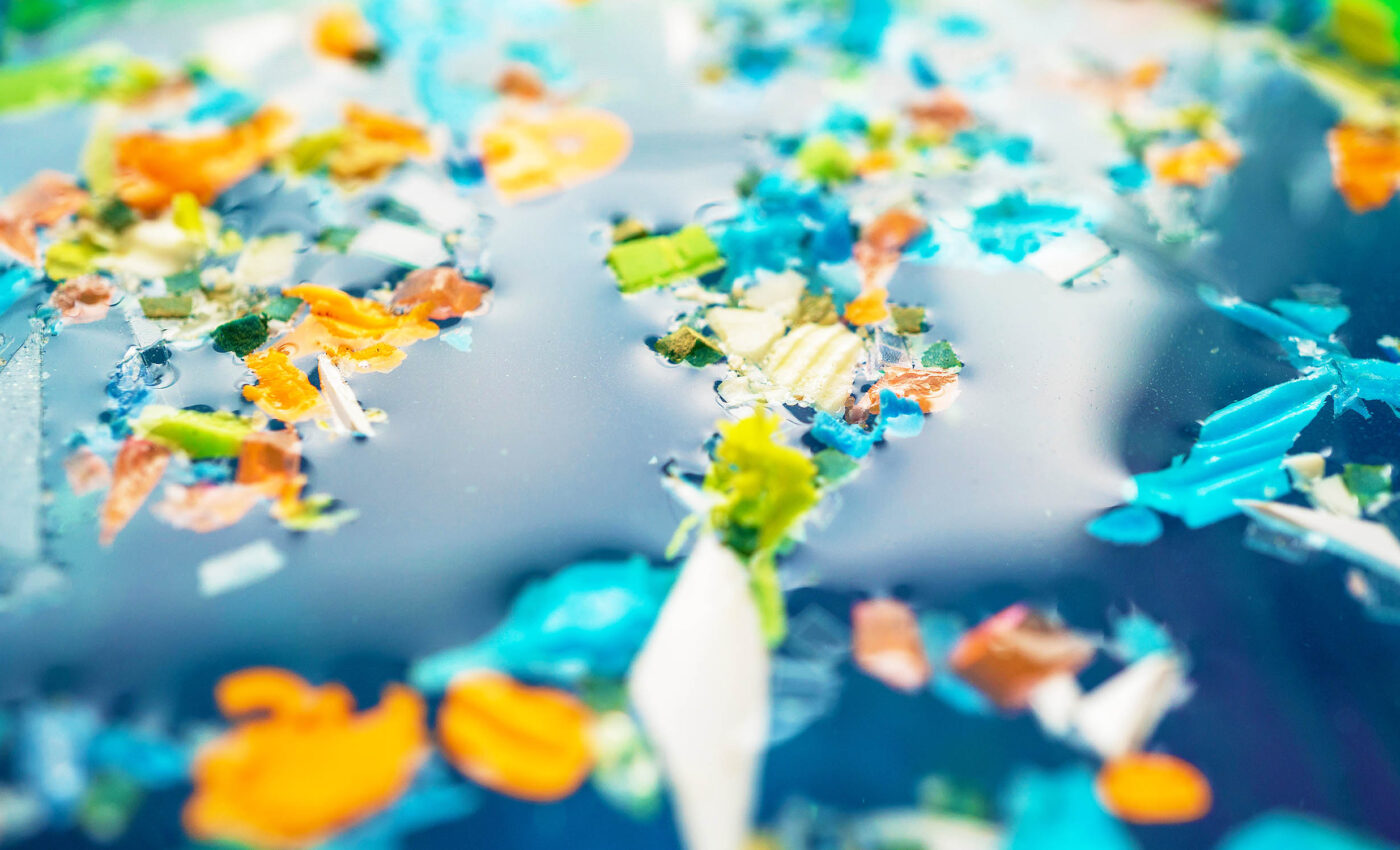
Microplastics hinder the ocean's ability to absorb carbon, worsening climate change
Microplastics in the ocean are well-documented hazards, posing direct threats to marine life such as turtles and fish. However, a recent collaborative study has uncovered an additional, more insidious risk.
These tiny particles not only endanger marine organisms but also compromise the ocean’s capacity to mitigate climate change.
Impact of microplastics on the ocean
The ocean has long been a crucial component in the Earth’s carbon cycle, acting as a significant carbon sink.
This process involves the formation of what is often referred to as “marine snow,” a phenomenon where dead phytoplankton, the tiny plants of the sea, clump together and sink to the ocean’s depths, effectively sequestering carbon away from the atmosphere.
However, the introduction of microplastics into this environment is altering this age-old process.
The study, co-authored by researchers from Northeastern University and the University of New Hampshire, reveals that these microplastics increase the buoyancy of marine snow, slowing its descent to the ocean floor.
“Plastics want to float. If phytoplanktons grow on microplastics in biofilms, instead of as free-living organisms, that changes the buoyancy of the phytoplankton when they die,” explains lead researcher, Aron Stubbins, a professor of marine and environmental sciences at Northeastern.
Slowing down the marine snow
The research team conducted experiments that involved growing phytoplankton in controlled environments both with and without microplastics.
They observed the rate at which these clumps sank in cylinders filled with seawater, noting that the descent of phytoplankton entwined with microplastics was approximately 20% slower.
“Basically, the plastics are slowing down the sinking rate of the marine snow, which is potentially reducing the efficiency with which the ocean can remove carbon dioxide from the atmosphere,” Stubbins says.
Carbon sequestration implications
The implications of this slowed descent are profound, especially at a time when carbon sequestration is crucial to offsetting human emissions of carbon dioxide.
As marine snow travels deeper into the ocean, it transports carbon away from the atmosphere, playing a vital role in regulating the Earth’s temperature. The disruption of this process by microplastics could thus have significant effects on global warming.
Microplastics and ocean nutrients
A secondary aspect of the study focuses on another troubling impact of microplastics. When exposed to sunlight, these plastics dissolve, releasing organic carbon that bacteria can utilize, subsequently robbing vital nutrients such as nitrogen and phosphorus from phytoplankton.
This not only slows the growth of phytoplankton but also diminishes their ability to capture atmospheric carbon, further weakening the biological carbon pump.
Imperative for caution and action
Microplastics are now ubiquitous in our oceans, and their concentrations continue to rise, posing a potential threat to critical global processes like the carbon cycle.
“We’re finding that it could be a threat to global scale processes, such as the carbon cycle that is so important for all life,” Stubbins states, underscoring the gravity of the situation.
While definitive conclusions are yet to be drawn about the full impact of microplastics on the ocean’s ability to sequester carbon, the study’s findings are a cause for concern and a call for careful consideration and action.
As the research progresses, it becomes increasingly clear that the proliferation of microplastics could significantly alter fundamental environmental processes.
The insights provided by this study deepen our understanding of the ecological roles of our oceans and remind us of the interconnectedness of our actions and the natural world.
The full study was published in the journal Marine Chemistry.
—–
Like what you read? Subscribe to our newsletter for engaging articles, exclusive content, and the latest updates.
Check us out on EarthSnap, a free app brought to you by Eric Ralls and Earth.com.
—–













